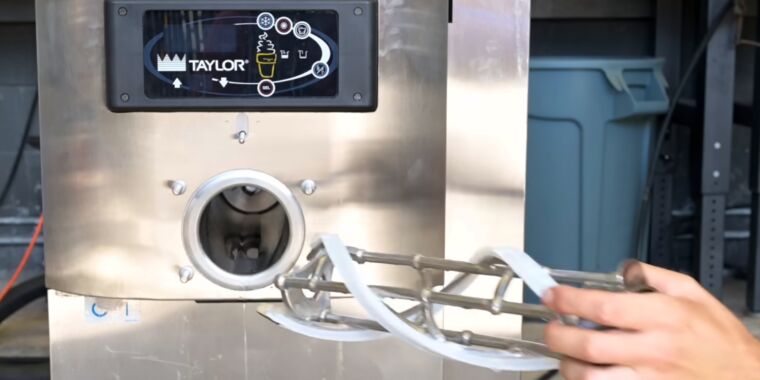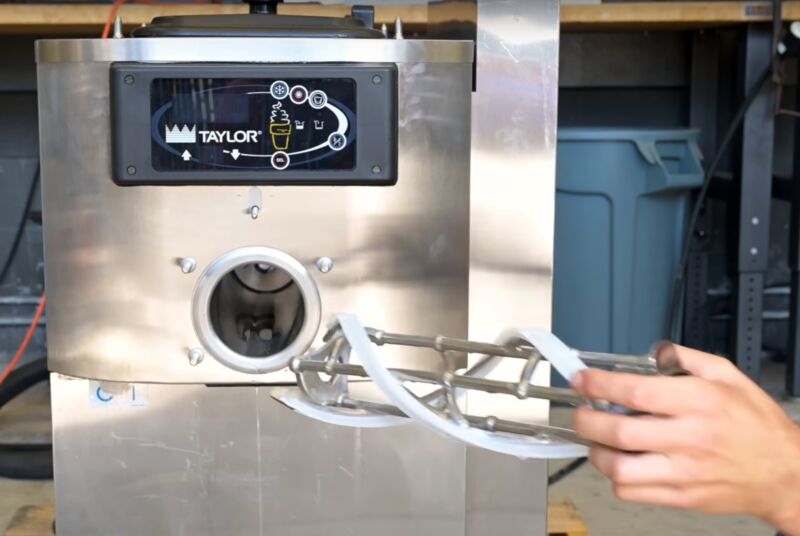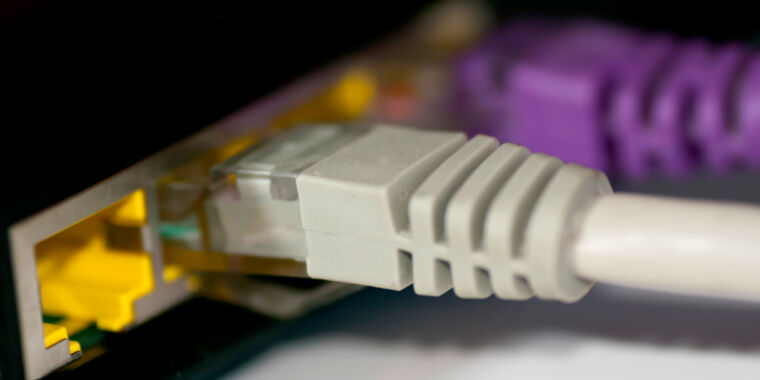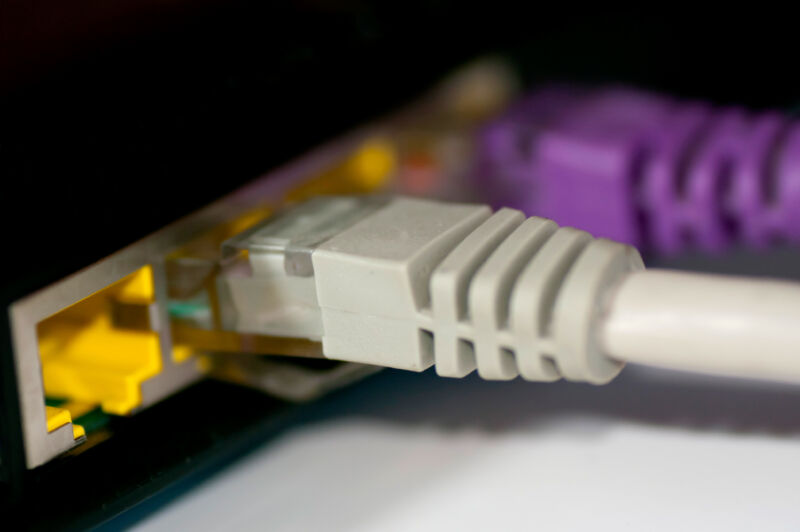Google’s search antitrust trial is wrapping up—here’s what we learned
Google and the DOJ have had their say; now it’s in the judge’s hands.
Last year, United States District Court Judge Amit Mehta ruled that Google violated antitrust law by illegally maintaining a monopoly in search. Now, Google and the Department of Justice (DOJ) have had their say in the remedy phase of the trial, which wraps up today. It will determine the consequences for Google’s actions, potentially changing the landscape for search as we rocket into the AI era, whether we like it or not.
The remedy trial featured over 20 witnesses, including representatives from some of the most important technology firms in the world. Their statements about the past, present, and future of search moved markets, but what does the testimony mean for Google?
Everybody wants Chrome
One of the DOJ’s proposed remedies is to force Google to divest Chrome and the open source Chromium project. Google has been adamant both in and out of the courtroom that it is the only company that can properly run Chrome. It says selling Chrome would negatively impact privacy and security because Google’s technology is deeply embedded in the browser. And regardless, Google Chrome would be too expensive for anyone to buy.
Unfortunately for Google, it may have underestimated the avarice of its rivals. The DOJ called witnesses from Perplexity, OpenAI, and Yahoo—all of them said their firms were interested in buying Chrome. Yahoo’s Brian Provost noted that the company is currently working on a browser that supports the company’s search efforts. Provost said that it would take 6–9 months just to get a working prototype, but buying Chrome would be much faster. He suggested Yahoo’s search share could rise from the low single digits to double digits almost immediately with Chrome.

Credit: Aurich Lawson
Meanwhile, OpenAI is burning money on generative AI, but Nick Turley, product manager for ChatGPT, said the company was prepared to buy Chrome if the opportunity arises. Like Yahoo, OpenAI has explored designing its own browser, but acquiring Chrome would instantly give it 3.5 billion users. If OpenAI got its hands on Chrome, Turley predicted an “AI-first” experience.
On the surface, the DOJ’s proposal to force a Chrome sale seems like an odd remedy for a search monopoly. However, the testimony made the point rather well. Search and browsers are inextricably linked—putting a different search engine in the Chrome address bar could give the new owner a major boost.
Browser choice conundrum
Also at issue in the trial are the massive payments Google makes to companies like Apple and Mozilla for search placement, as well as restrictions on search and app pre-loads on Android phones. The government says these deals are anti-competitive because they lock rivals out of so many distribution mechanisms.
Google pays Apple and Mozilla billions of dollars per year to remain the default search engine in their browsers. Apple’s Eddie Cue admitted he’s been losing sleep worrying about the possibility of losing that revenue. Meanwhile, Mozilla CFO Eric Muhlheim explained that losing the Google deal could spell the end of Firefox. He testified that Mozilla would have to make deep cuts across the company, which could lead to a “downward spiral” that dooms the browser.
Google’s goal here is to show that forcing it to drop these deals could actually reduce consumer choice, which does nothing to level the playing field, as the DOJ hopes to do. Google’s preferred remedy is to simply have less exclusivity in its search deals across both browsers and phones.
The great Google spinoff
While Google certainly doesn’t want to lose Chrome, there may be a more fundamental threat to its business in the DOJ’s remedies. The DOJ argued that Google’s illegal monopoly has given it an insurmountable technology lead, but a collection of data remedies could address that. Under the DOJ proposal, Google would have to license some of its core search technology, including the search index and ranking algorithm.
Google CEO Sundar Pichai gave testimony at the trial and cited these data remedies as no better than a spinoff of Google search. Google’s previous statements have referred to this derisively as “white labeling” Google search. Pichai claimed these remedies could force Google to reevaluate the amount it spends on research going forward, slowing progress in search for it and all the theoretical licensees.
Currently, there is no official API for syndicating Google’s search results. There are scrapers that aim to offer that service, but that’s a gray area, to say the least. Google has even rejected lucrative deals to share its index. Turley noted in his testimony that OpenAI approached Google to license the index for ChatGPT, but Google decided the deal could harm its search dominance, which was more important than a short-term payday.
AI advances
Initially, the DOJ wanted to force Google to stop investing in AI firms, fearing its influence could reduce competition as it gained control or acquired these startups. The government has backed away from this remedy, but AI is still core to the search trial. That seemed to surprise Judge Mehta.
During Pichai’s testimony, Mehta remarked that the status of AI had shifted considerably since the liability phase of the trial in 2023. “The consistent testimony from the witnesses was that the integration of AI and search or the impact of AI on search was years away,” Mehta said. Things are very different now, Mehta noted, with multiple competitors to Google in AI search. This may actually help Google’s case.
AI search has exploded since the 2023 trial, with Google launching its AI-only search product in beta earlier this year.
Throughout the trial, Google has sought to paint search as a rapidly changing market where its lead is no longer guaranteed. Google’s legal team pointed to the meteoric rise of ChatGPT, which has become an alternative to traditional search for many people.
On the other hand, Google doesn’t want to look too meek and ineffectual in the age of AI. Apple’s Eddie Cue testified toward the end of the trial and claimed that rival traditional search providers like DuckDuckGo don’t pose a real threat to Google, but AI does. According to Cue, search volume in Safari was down for the first time in April, which he attributed to people using AI services instead. Google saw its stock price drop on the news, forcing it to issue a statement denying Cue’s assessment. It says searches in Safari and other products are still growing.
A waiting game
With the arguments made, Google’s team will have to sweat it out this summer while Mehta decides on remedies. A decision is expected in August of this year, but that won’t be the end of it. Google is still hoping to overturn the original verdict. After the remedies are decided, it’s going to appeal and ask for a pause on the implementation of remedies. So it could be a while before anything changes for Google.
In the midst of all that, Google is still pursuing an appeal of the Google Play case brought by Epic Games, as well as the ad tech case that it lost a few weeks ago. That remedy trial will begin in September.
Ryan Whitwam is a senior technology reporter at Ars Technica, covering the ways Google, AI, and mobile technology continue to change the world. Over his 20-year career, he’s written for Android Police, ExtremeTech, Wirecutter, NY Times, and more. He has reviewed more phones than most people will ever own. You can follow him on Bluesky, where you will see photos of his dozens of mechanical keyboards.
Google’s search antitrust trial is wrapping up—here’s what we learned Read More »









